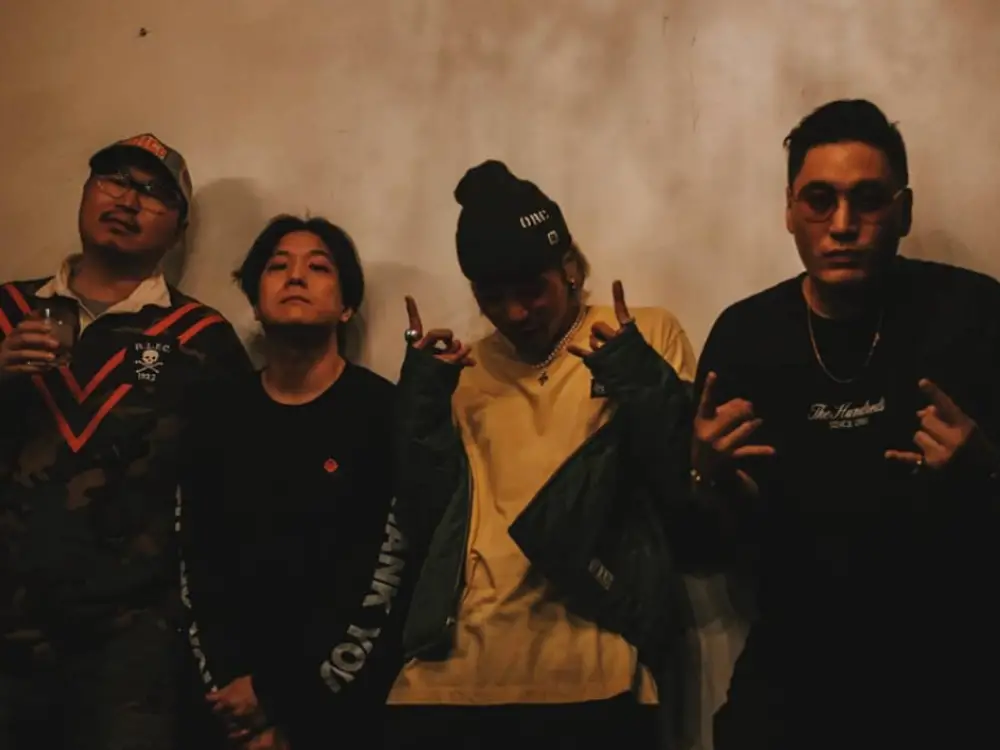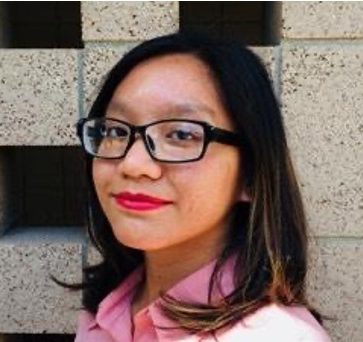The COVID-19 pandemic has ushered in a wave of anti-Asian discrimination. It doesn’t help that President Donald Trump and his officials called the disease “the Chinese virus” or “Kung Flu.” Since the outbreak has spread throughout the international community, it is unfortunate to see the surge in personal stories from Asian Americans who live in fear of the backlash. The New York Times recently published an article about a young Chinese woman Yuanyuan Zhu and her recent experience of being a victim of racial discrimination. A man on the street had called after a passing bus to “run them over.” This happened in San Francisco, the city with one of the largest concentrations of overseas Chinese in the U.S. In response, Korean American rap duo Year of the Ox released a music video called “Viral” to call out the uptick of hate crimes against Asians.
Year of the Ox is made up of two hip hop artists — Lyricks and JL — from the state of Virginia. The two rappers debuted with their first official song in 2015 called “Seven Rings,” which has over 2 million views on YouTube. They cover a variety of topics including Asian food, gun violence and racism. In 2017, the music label BORN CTZN released Year of the Ox’s song “Thoughts & Prayers,” which was a political message about Trump’s administration and hate crimes.
Year of the Ox’s MV “Viral” is a Response to Anti-Asian Discrimination
It comes to no surprise when Year of the Ox uses their platform to speak out for the Asian American community in this crisis. The song title “Viral” is powerful as it captures the issue of associating these individuals and their culture with a disease.
“It highlights the ways in which immigrants have often been tied to disease. As a plague, or as an invasive threat or as carriers of a contagion and disease that will then ruin the United States,” said immigration and Asian American historian Dr. Erika Lee in an interview with WBUR.
Why is race used as the determinant for being a carrier of COVID-19? By conflating race and disease together, it allows people to ease their worries about the uncertainty of the virus. It’s convenient to blame the scapegoat.
The music video begins with a video clip that captured a hate crime against an Asian man on a New York subway. The video fades to black with the harasser’s repeated words “tell him to move” as it shifts to a monochrome tone. This shift from color to black-and-white symbolizes the departure from normal life for Asian Americans.
“Why do we group people together and only focus on the minuses,” Lyricks raps. He points out how racism divides a society into an “us versus them” mentality when we’re all people. He centers around the matter of racism by recalling the fear of Muslims after the 9/11 attack and a personal story of his uncle’s deli getting robbed at gunpoint.
Through these incidents, the rapper shows how he’s no different from the people lashing out during this pandemic. He understands their fears.
At the same time, it doesn’t change that this sentiment is xenophobic. It divides people like nothing else. “Hatred’s the most contagious, and these days it’s going viral,” Lyricks raps.
Not only are Asian Americans treated as the forever foreigner with the association of the plague, but hatred is more infectious than COVID-19. This imagery aptly describes the situation. We’re plagued by two diseases: one medical disease and one social disease.
The music video continues to show real-life xenophobia caught on camera. From a woman whacking her umbrella on a young Asian girl to an elderly Asian man crying in fear, these incidents show the dangers of misdirected hatred. It shows humans at their worst.
Hatred is a learned behavior, demonstrated by a video showing children targeting Asian students in school. A group of teen boys harassed an Asian boy. One aimed a powerful kick at the boy’s jaw. If the adults are engaging in this type of behavior, children will too.
Another clip was intentionally filmed by the perpetrators themselves. In this clip, two high school-aged girls filmed themselves slapping an Asian girl across the face. They smiled and laughed as they did so.
I relate to this song on a personal level. Seeing these incidents on the news, I often wonder if I’ll be attacked on my next grocery run. I’m more concerned about hate crimes than the virus itself. What does that say about humanity?
Lyricks and JL’s lyrics echo the feelings of sympathy, anger and fear. The nation should have united in the face of the pandemic, but instead it crumbled further.
Year of the Ox and Wong Fu Production Share a Meaningful Discussion About Discrimination
With the Year of the Ox’s permission, Wong Fu Productions released the music video on their platform with additional footage of the co-founder Philip Wang having a conversation with the rap duo. Wong Fu Productions formed from three Asian American college students — Philip Wang, Wesley Chan and Ted Fu — putting on sketches on YouTube. Years later, the channel grew into an independent filmmaking group representing Asian Americans in media.
Because of the recent hate crimes and lack of media coverage, both Year of the Ox and Wong Fu Productions used their voices and took to their platforms. In their conversation, Year of the Ox spoke of the composition of “Viral.”
“This song is not directed to you. I’m speaking to me too — I’m speaking for all of us.” explained Lyricks, describing how he created the beginning verse without taking the moral high ground. It was important for him to acknowledge that he wasn’t innocent of past prejudices.
For JL, it was different. “You can’t be pointing fingers at this point,” he said, emphasizing how the real issue at hand is the coronavirus. Both songwriters wrote their lyrics with care, intending to shed light on the issue rather than to fan the flames.
Philip discusses how the third verse of “Viral” hit home for him. In the third verse, Lyricks raps about retaliation and continuing the cycle of hatred. However, an eye for an eye makes the whole world go blind. Amidst the hatred, Asian children who have been bullied because of the pandemic have it the worst. Lyricks ends the song with the imagery of an Asian boy choosing suicide, and thus, the news would go viral.
All three people agreed that speaking out was a way to protect the community, particularly its future generations, from the trauma of violence. Children who have experienced this trauma might internalize hatred toward themselves.
“How do you think we as a community should respond,” Philip asked.
Year of the Ox answers stating love and solidarity are important to resist the spread of hatred and ignorance.
Philip said, “Racism doesn’t fight racism.”


















This web site really has all of the info I wanted concerning this
subject and didn’t know who to ask.